Cope Family Center’s Advocacy projects include Resilient Napa, which focuses on building a protective local network of trauma responders, an approach that’s informed by neuroscience and the study of ACEs—Adverse Childhood/Community Experiences. Developing a deeper understanding of ACEs, and their huge long-term effects, is what brought together Resilient Napa’s first year-long RAISE class (Resilience, ACEs Integration, Support, Education), made up of professionals who work directly with clients in Napa County.
Maria Chavez, Class of 18-19
Maria Chavez, a Cope Family Center Family Support Specialist, has a background in Psychology, Sociology and Criminal Justice, and four years of on-the-job experience, but that doesn’t make her immune to the emotions that sometimes swamp her clients. She describes a recent family visit: “[The mother] was telling me all the things that were happening to her—I was feeling stressed, just from listening.”
It’s in those moments that Maria has been going back to her RAISE trainings on self-care, for techniques that she uses to manage her own response to her clients’ trauma. She explains, “Sometimes when you as a provider get overwhelmed with what’s happening, you get blocked off. It can be hard to think ‘What’s the next step?’ It helps me to be able to regulate myself, so I can figure out how to support them.”
One way Maria provides support to her clients is to take the information from RAISE directly back to them. The same self-regulation techniques that she found useful for managing her own stress are also useful for her stressed clients, including children. She’s learned to watch for the visual cues that her clients are dysregulated so that she can offer the help when it’s needed. As she points out, “Kiddos maybe don’t know that they’re stressed; they might seem like they have behavioral issues, but really their little bodies are stressed and anxious.” Showing kids how to calm themselves down helps the kids, and often encourages the parents to try the techniques too.
As important as immediate assistance is, Maria’s job also includes helping parents make better long-term choices. Those can be challenging moments, but RAISE has made her “more observant… more curious. Instead of asking ‘What’s wrong with you?’, I ask ‘What happened to you?’ and then learn with them what they could do better next time.”
RAISE reinforced her understanding that childhood trauma can have a lifelong impact, and gave her a sense of how addressing the trauma of the parents could change the lives of their children: “It helps me speak up for the kids a little bit more. Before I had that fear that the parents are going to run away from me—that they don’t want to hear it from me. This experience has made me realize that this is super important…we do have to ask those really tough questions sometimes.”
Again, the RAISE experience provided some tools. Maria says, “I’ve actually brought the ACEs handouts to my clients. I showed one mom the questionnaire and she looked at it and said, ‘All of this stuff has pretty much happened to me.” Although it required Maria’s client to revisit traumatic memories of abuse and loss, she ended up empowered by the experience. Maria explains, “For her, it was like, ‘Oh my gosh, this is why I am where I am, and how do I get my daughter not to repeat the same cycle?”
For Maria, this gets to the purpose of her work in general, and specifically what drew her to RAISE. She explains, “I was interested in the resiliency piece of it…how we can remedy trauma, how can we help people out of it? I think the most important thing is the hope we can give families. It’s important to not leave people hanging--talking about resiliency was important for that mother, too.”
Cope makes training on trauma and ACEs part of the standard professional development support for program staff, but Maria appreciated the chance to review that knowledge at RAISE, especially as part of a group. The cohort itself, with members from multiple sectors and locations across Napa County, has become a valuable tool. Maria says it was useful to “hear other people’s perspectives, and learn from my peers,” learn more about how they do their work, and build a network to help her clients. The other RAISErs clearly feel the same way. “I’ve had referrals already,” she points out. For her clients that present big challenges, “we can figure how to wrap around them.”
Even though it required a year-long commitment, and sometimes-difficult sessions of reflective practice, Maria found the work rewarding. “I really valued this experience, and I always came back excited to share with my team,” she says. “I hope other people will get to be a part of it, too.”


